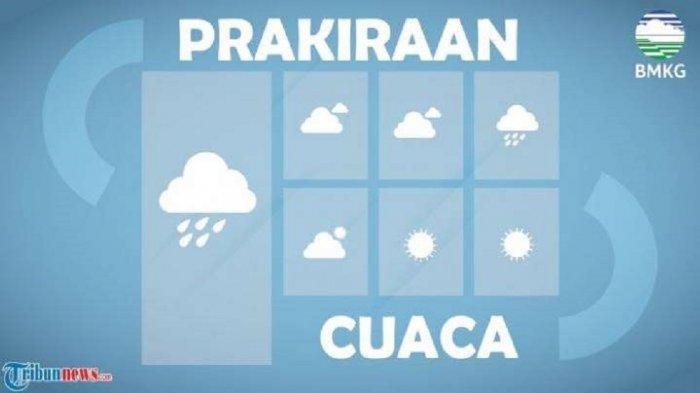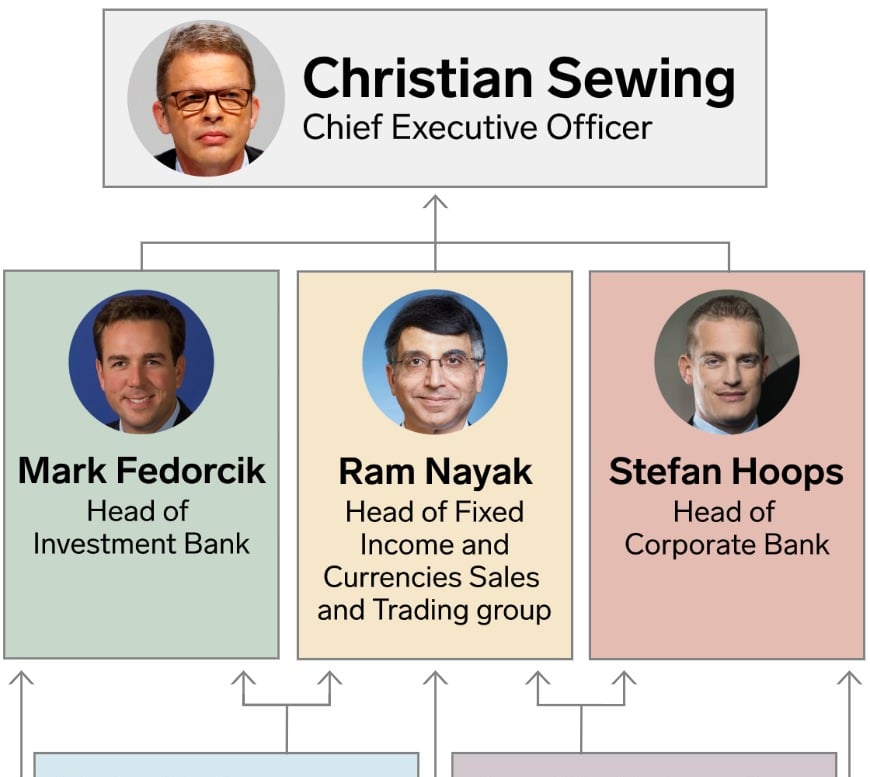Live Nation's Future Uncertain Amidst Growing Pressure For A Breakup

Table of Contents
Antitrust Concerns and Monopoly Power
Live Nation's immense size and influence have sparked considerable antitrust concerns. Its near-monopoly status in several key areas of the live entertainment industry raises questions about fair competition and consumer welfare.
Ticketing Dominance
Live Nation's subsidiary, Ticketmaster, controls a staggering share of the primary ticketing market. This dominance has led to numerous accusations of monopolistic practices, harming both consumers and competitors.
- High fees and limited consumer choice: Ticketmaster's fees are often criticized as exorbitant, adding significantly to the cost of concert tickets. Consumers often have limited alternatives, forcing them to accept these inflated prices. This lack of competition directly impacts consumer spending power.
- Allegations of manipulating ticket prices and suppressing competition: Numerous lawsuits and regulatory investigations allege that Ticketmaster manipulates ticket prices and actively suppresses competition through anti-competitive practices. These allegations paint a picture of a company leveraging its market dominance to maximize profits at the expense of fair market dynamics.
- Ongoing lawsuits and regulatory investigations: The ongoing legal battles and regulatory scrutiny highlight the seriousness of the antitrust concerns surrounding Ticketmaster and its parent company, Live Nation. These investigations could significantly impact Live Nation's future and potentially lead to significant fines or structural changes.
Venue Ownership and Artist Relationships
Live Nation's ownership of a vast network of venues further amplifies antitrust concerns. This vertical integration creates potential conflicts of interest and limits opportunities for independent promoters and artists.
- Potential for preferential treatment of artists signed to Live Nation's management arm: Concerns exist that artists managed by Live Nation receive preferential treatment in terms of venue access and booking opportunities, giving them an unfair advantage over independent artists. This creates an uneven playing field and limits the chances for emerging talent.
- Reduced competition among venues leading to higher costs for consumers: The lack of competition among venues can lead to inflated prices for consumers and reduced quality of service. The limited choices available to consumers restrict their ability to negotiate favorable terms.
- Concerns about artist exploitation and limited negotiation power: Critics argue that Live Nation's control over both venues and artist management gives them excessive power in negotiations, potentially leading to unfair contracts and artist exploitation. This imbalance of power leaves artists with limited leverage in contract negotiations.
Growing Public Backlash and Negative Press
The negative publicity surrounding Live Nation and Ticketmaster continues to escalate, fueling public discontent and increasing pressure for regulatory intervention.
Consumer Frustration
High ticket prices, excessive fees, and poor customer service associated with Ticketmaster have led to widespread consumer frustration. This dissatisfaction has manifested in several ways:
- Social media campaigns and online petitions calling for increased regulation and a Live Nation breakup: Social media has become a powerful tool for organizing consumer outrage, with numerous campaigns calling for stricter regulations and even the breakup of Live Nation to foster competition. These campaigns illustrate the depth of public dissatisfaction.
- Negative media coverage highlighting consumer complaints and antitrust concerns: Negative media coverage consistently highlights consumer complaints and fuels public awareness of the antitrust concerns surrounding Live Nation. This ongoing negative press further intensifies the pressure on the company.
Artist Advocacy
Several prominent artists have voiced concerns about Live Nation's practices, adding weight to the calls for reform.
- Statements from prominent artists expressing concerns about Live Nation's market dominance: High-profile artists have publicly expressed concerns about Live Nation's market dominance, lending their considerable influence to the calls for change. These endorsements amplify the concerns raised by consumers and regulatory bodies.
- Calls for greater transparency and fairer contracts within the industry: Advocates for greater transparency and fairer contracts within the live music industry argue that Live Nation's power imbalance needs to be addressed to ensure a level playing field for all artists.
Potential Consequences of a Breakup
A potential breakup of Live Nation would have far-reaching consequences, both positive and negative.
Increased Competition
A forced separation of Ticketmaster and Live Nation's other business units could significantly increase competition in the ticketing and venue markets, potentially benefiting consumers.
- Lower ticket prices and fees: Increased competition could lead to lower ticket prices and reduced fees, making live music events more accessible to a wider audience.
- More choices for consumers in terms of ticketing platforms and venues: A more competitive market would provide consumers with greater choice and flexibility in terms of ticketing platforms and venues, allowing them to shop around for the best deals and services.
Challenges for Live Nation
A breakup would present significant challenges for Live Nation, requiring a major restructuring and potentially impacting its profitability.
- Potential loss of market share: Dividing the company could lead to a loss of market share as the separate entities struggle to maintain their dominance in a more competitive environment.
- Need to adapt to a more competitive landscape: The newly independent entities would need to adapt to a more competitive landscape, potentially requiring significant investments in technology and marketing to retain their customer base.
- Uncertainties regarding the long-term success of separate entities: The long-term viability and success of the separate entities remain uncertain, as they would face increased competition and the need to establish new strategies and partnerships.
Conclusion
The future of Live Nation is undeniably uncertain. Growing antitrust concerns, a significant public backlash, and the potentially disruptive consequences of a breakup create a complex and evolving situation. While a breakup could potentially increase competition and benefit consumers by lowering ticket prices and enhancing choice, it also presents considerable challenges for Live Nation itself. The ongoing debates surrounding Live Nation's dominance underscore the urgent need for greater regulation and transparency within the live entertainment industry. The question remains: will the pressure for a Live Nation breakup ultimately succeed, reshaping the landscape of live music as we know it? Stay informed on this developing story and the future of the live music experience. Only time will tell if the calls for a Live Nation breakup will be answered, significantly impacting the future of live music.

Featured Posts
-
 New Harry Potter Tv Series Meet The Actors Playing Harry Hermione And Ron
May 29, 2025
New Harry Potter Tv Series Meet The Actors Playing Harry Hermione And Ron
May 29, 2025 -
 Prakiraan Cuaca Semarang 26 Maret Hujan Siang Hari Di Jawa Tengah
May 29, 2025
Prakiraan Cuaca Semarang 26 Maret Hujan Siang Hari Di Jawa Tengah
May 29, 2025 -
 Celebrating Excellence The Zoellner Family Paraeducator Award
May 29, 2025
Celebrating Excellence The Zoellner Family Paraeducator Award
May 29, 2025 -
 Seattle Police Investigate Double Shooting In City Center
May 29, 2025
Seattle Police Investigate Double Shooting In City Center
May 29, 2025 -
 Honda Vs Yamaha At Le Mans An Under The Radar Contenders Fight
May 29, 2025
Honda Vs Yamaha At Le Mans An Under The Radar Contenders Fight
May 29, 2025
Latest Posts
-
 Deutsche Bank Data Center Security Breach Contractor And Girlfriend Access
May 30, 2025
Deutsche Bank Data Center Security Breach Contractor And Girlfriend Access
May 30, 2025 -
 Top Deutsche Bank Executive Moves To Morgan Stanley Distressed Sales Head Quits
May 30, 2025
Top Deutsche Bank Executive Moves To Morgan Stanley Distressed Sales Head Quits
May 30, 2025 -
 Deutsche Bank Fic Traders A Rising Global Force
May 30, 2025
Deutsche Bank Fic Traders A Rising Global Force
May 30, 2025 -
 Deutsche Bank Head Of Distressed Sales Resigns Joins Morgan Stanley
May 30, 2025
Deutsche Bank Head Of Distressed Sales Resigns Joins Morgan Stanley
May 30, 2025 -
 Deutsche Banks Head Of Distressed Sales Departs For Morgan Stanley
May 30, 2025
Deutsche Banks Head Of Distressed Sales Departs For Morgan Stanley
May 30, 2025
